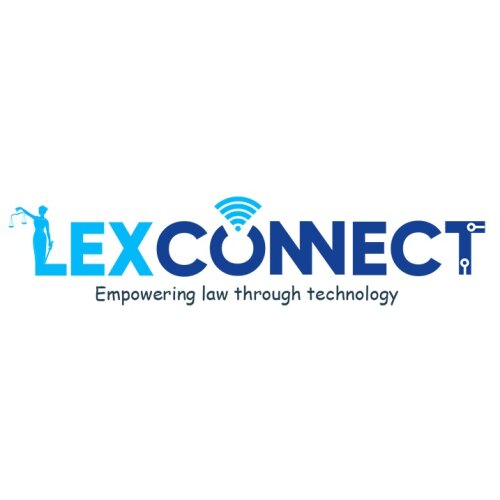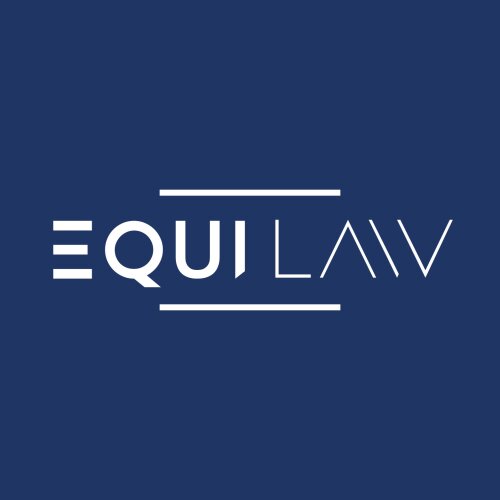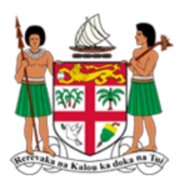Best Copyright Lawyers in Suva
Share your needs with us, get contacted by law firms.
Free. Takes 2 min.
List of the best lawyers in Suva, Fiji
About Copyright Law in Suva, Fiji
Copyright law in Suva, Fiji is designed to protect the intellectual property rights of creators by governing the use, distribution, and reproduction of original works. This includes literary, artistic, and musical works. With an aim to nurture creativity and encourage innovation, the law grants authors exclusive rights over their creations, while balancing public interest and the availability of information.
Fiji's copyright system is largely influenced by international conventions, including the Berne Convention for the Protection of Literary and Artistic Works. This ensures that original works created in Fiji are protected both domestically and internationally, provided they meet the necessary legal criteria.
Why You May Need a Lawyer
Understanding and navigating copyright law can be complex, and there are several situations in which you might require legal assistance, such as:
- Protecting and registering original works to ensure they are legally safeguarded.
- Enforcing copyright where an infringement has occurred, potentially involving litigation or dispute resolution.
- Licensing agreements to allow others to use your work while retaining ownership rights.
- Understanding fair use policies, which permit limited use of copyrighted material without infringement.
- Receiving unauthorized claims of infringement, where you might need to defend your rights.
Local Laws Overview
The Copyright Act of 1999 forms the backbone of copyright protection in Suva, Fiji, introducing both foundational and specific rights for creators. Key aspects include:
- The protection period for copyright works generally extends to the life of the author plus 50 years for most categories of works.
- Moral rights are recognized, ensuring the creator's right to attribution and the protection of their work from intentional distortion or derogatory treatment.
- Provisions for fair use, covering instances such as private study, criticism, news reporting, and educational purposes.
- Procedures for the registration of works, which, while not mandatory, can provide significant legal benefits, particularly in disputes.
Frequently Asked Questions
What works are protected under copyright in Fiji?
Copyright protection in Fiji extends to a wide array of works including literary, dramatic, musical, and artistic works as well as films, sound recordings, broadcasts, and typographical arrangements of published editions.
How do I register a copyright in Fiji?
While not required by law, registering a copyright can provide proof of ownership and be particularly useful in legal disputes. This typically involves applying to the relevant government department responsible for intellectual property in Fiji.
Can I use someone else's work under fair use?
Fair use in Fiji allows the unlicensed use of copyrighted materials in certain circumstances, such as commentary, criticism, news reporting, and educational purposes. However, determining fair use involves consideration of factors such as purpose, nature, and the effect on the market.
What is the duration of copyright protection?
The duration of copyright protection in Fiji is generally the life of the author plus 50 years. However, this period can vary depending on the type of work.
How can I enforce my copyright in Fiji?
Enforcing copyright typically involves legal action against infringers. It's advisable to seek legal advice to pursue court proceedings, or alternatively, the situation may be resolved through negotiation or alternative dispute resolution methods.
What are moral rights?
Moral rights in Fiji protect the non-economic interests of authors, such as the right to be identified as the author of a work and the right to object to derogatory treatments of the work.
Is copyright automatic upon creation?
Yes, copyright protection in Fiji is automatic upon creation of a qualifying work. Written or otherwise tangible evidence of the work’s existence is required for protection to apply.
What constitutes copyright infringement?
Infringement involves using a copyrighted work without permission, including reproducing, distributing, performing, or displaying the work publicly. Legal action can be taken if infringement is suspected.
Do derivative works infringe copyright?
Creating a derivative work involves transforming, adapting, or using existing work and usually requires permission from the original copyright holder, unless the derivative work qualifies under fair use conditions.
What remedies are available for copyright infringement?
Legal remedies for copyright infringement in Fiji may include injunctions to stop the infringement, monetary compensation, and in some cases, criminal penalties such as fines or imprisonment.
Additional Resources
For those seeking further assistance or information on copyright in Suva, Fiji, the following resources may be of help:
- The Fiji Intellectual Property Office (FIPO) offers services relating to intellectual property rights, including copyright.
- The Fiji Copyright Act 1999 provides detailed legal information and can be accessed through government publications or legal databases.
- Organizations such as the Fiji Arts Council and the Ministry of Education, Heritage, and Arts offer resources and support for copyright-related concerns in creative fields.
Next Steps
If you require legal assistance with copyright issues in Suva, Fiji, consider taking the following steps:
- Consult a qualified copyright lawyer who is familiar with Fijian law to get tailored advice and support.
- Gather and organize any relevant documentation related to your copyright concerns, such as records of original work, registration certificates, and evidence of infringement or unauthorized use.
- Determine your desired outcome, whether it be mediation, settlement, or litigation, in order to clearly communicate your needs to your legal advisor.
- Explore alternative dispute resolution methods, which can be a more efficient and cost-effective way of resolving copyright issues without resorting to formal legal proceedings.
Lawzana helps you find the best lawyers and law firms in Suva through a curated and pre-screened list of qualified legal professionals. Our platform offers rankings and detailed profiles of attorneys and law firms, allowing you to compare based on practice areas, including Copyright, experience, and client feedback.
Each profile includes a description of the firm's areas of practice, client reviews, team members and partners, year of establishment, spoken languages, office locations, contact information, social media presence, and any published articles or resources. Most firms on our platform speak English and are experienced in both local and international legal matters.
Get a quote from top-rated law firms in Suva, Fiji — quickly, securely, and without unnecessary hassle.
Disclaimer:
The information provided on this page is for general informational purposes only and does not constitute legal advice. While we strive to ensure the accuracy and relevance of the content, legal information may change over time, and interpretations of the law can vary. You should always consult with a qualified legal professional for advice specific to your situation.
We disclaim all liability for actions taken or not taken based on the content of this page. If you believe any information is incorrect or outdated, please contact us, and we will review and update it where appropriate.















